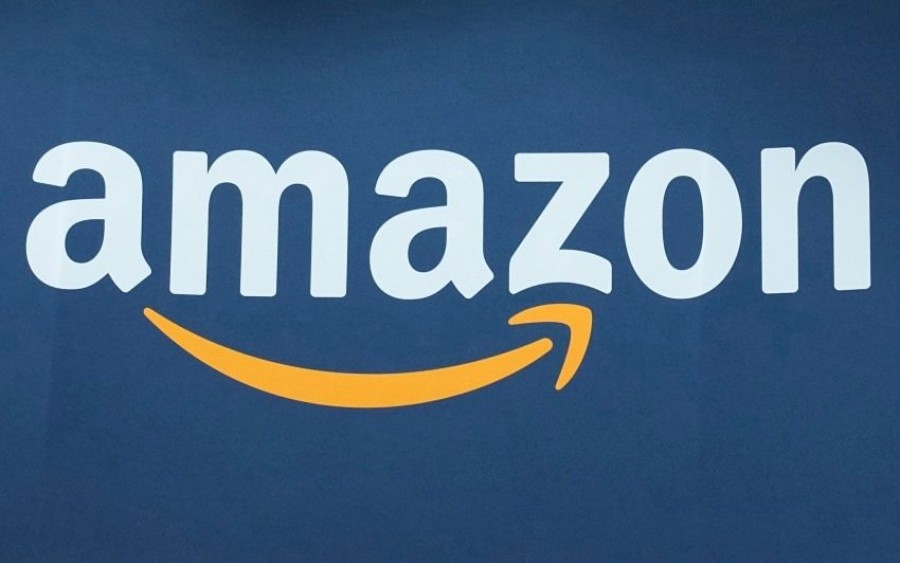Mexican regulators tell Amazon to wall off Prime TV, reveal its algorithms and open up delivery

Image: Collected
Mexican regulators have ordered online retailers Amazon and Mercado Libre to reveal their algorithms and to wall off TV streaming to avoid stifling competition.
Mexico’s Federal Commission on Economic Competition, known by its initials as COFECE, said in a preliminary finding late Tuesday that the two firms control 85% of online sales in Mexico.
It said that market dominance created “an absence of real competitive conditions in the online retail market.” For Amazon, the finding was the latest in a string of regulatory challenges it has faced in its countries of operation.
The COFECE order also covers the biggest Latin American online retailer, the Uruguay-based firm Mercado Libre.
The commission said it had laid out corrective measures that would include prohibiting Amazon from promoting its Prime Video streaming service as an incentive for consumers to buy Amazon Prime memberships. The commission also ordered Amazon to inform vendors on the platform “of all the variables and factors that are taken into consideration in selecting promoted items, to encourage certainty and transparency.”
That apparently refers to the criteria used by online retailers in determining the prominence and order of search results on their platforms.
The COFECE also ordered Amazon not to take the “logistics” method — the manner of delivering purchases — into account in determining the order or prominence of search results.
Online sellers have complained in the past that Amazon Prime forces vendors to use the company's own delivery services.
Amazon has pushed back against allegations it conditions Prime status — which denotes fast shipping — on whether sellers use its fulfillment service, Fulfillment by Amazon.
“We are aware of this preliminary report and are closely collaborating with COFECE," Amazon said in a statement. "Our pro-competitive practices in Mexico spur competition and innovation across the retail industry, and have produced greater selection, lower prices, and faster delivery speeds for customers and greater opportunities for sellers across the country.”
The commission did not specify what sanctions the companies might face if they do not comply. Federal law in Mexico says that monopolistic practices can be punished by fines of “up to 8% of a company’s revenues."
In 2022, Amazon agreed to make major changes to its business practices to end competition probes in Europe, by giving customers more visible choices when buying products and, for Prime members, more delivery options.
In 2023, the U.S. Federal Trade Commission and 17 states filed an antitrust lawsuit against the e-commerce giant, arguing the Seattle-based company inflates prices and stifles competition in what the agency calls the “online superstore market” and in the field of “online marketplace services.”
Mexico’s Federal Commission on Economic Competition, known by its initials as COFECE, said in a preliminary finding late Tuesday that the two firms control 85% of online sales in Mexico.
It said that market dominance created “an absence of real competitive conditions in the online retail market.” For Amazon, the finding was the latest in a string of regulatory challenges it has faced in its countries of operation.
The COFECE order also covers the biggest Latin American online retailer, the Uruguay-based firm Mercado Libre.
The commission said it had laid out corrective measures that would include prohibiting Amazon from promoting its Prime Video streaming service as an incentive for consumers to buy Amazon Prime memberships. The commission also ordered Amazon to inform vendors on the platform “of all the variables and factors that are taken into consideration in selecting promoted items, to encourage certainty and transparency.”
That apparently refers to the criteria used by online retailers in determining the prominence and order of search results on their platforms.
The COFECE also ordered Amazon not to take the “logistics” method — the manner of delivering purchases — into account in determining the order or prominence of search results.
Online sellers have complained in the past that Amazon Prime forces vendors to use the company's own delivery services.
Amazon has pushed back against allegations it conditions Prime status — which denotes fast shipping — on whether sellers use its fulfillment service, Fulfillment by Amazon.
“We are aware of this preliminary report and are closely collaborating with COFECE," Amazon said in a statement. "Our pro-competitive practices in Mexico spur competition and innovation across the retail industry, and have produced greater selection, lower prices, and faster delivery speeds for customers and greater opportunities for sellers across the country.”
The commission did not specify what sanctions the companies might face if they do not comply. Federal law in Mexico says that monopolistic practices can be punished by fines of “up to 8% of a company’s revenues."
In 2022, Amazon agreed to make major changes to its business practices to end competition probes in Europe, by giving customers more visible choices when buying products and, for Prime members, more delivery options.
In 2023, the U.S. Federal Trade Commission and 17 states filed an antitrust lawsuit against the e-commerce giant, arguing the Seattle-based company inflates prices and stifles competition in what the agency calls the “online superstore market” and in the field of “online marketplace services.”
Source: https://japantoday.com
Previous Story
- Amazon's Expats puts Hong Kong government in 'awkward...
- The Beats Fit Pro noise canceling wireless earbuds...
- Inside Amazon’s Effort to Challenge Musk’s Starlink Internet...
- Amazon to more than double its investment in...
- Amazon UAE site to showcase 100,000 companies, including...
- US hiring remains resilient as Federal Reserve grapples...
- Amazon Echo Dot review: Easy on your pocket...
- THIS IS THE SECRET WAY TO BUY AUTHENTIC...